Don’t Ignore the Barnacles – they’re Real Birds
10,000 Birds
FEBRUARY 9, 2024
My guess is that they are birds that move across from the Netherlands for the winter. This change is evident for instance in the Netherlands, where the growing resident Dutch population is considered to be drawn from birds breeding around the Barents Sea and wintering in the Netherlands.”

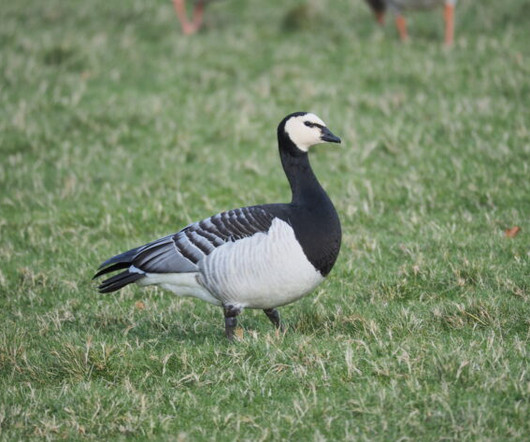
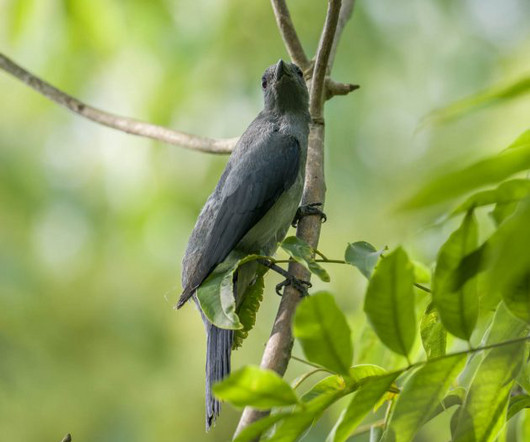
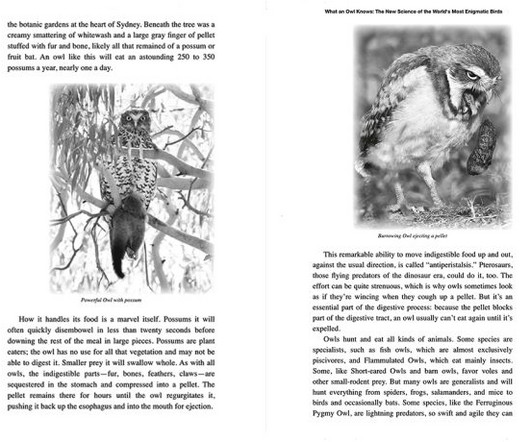
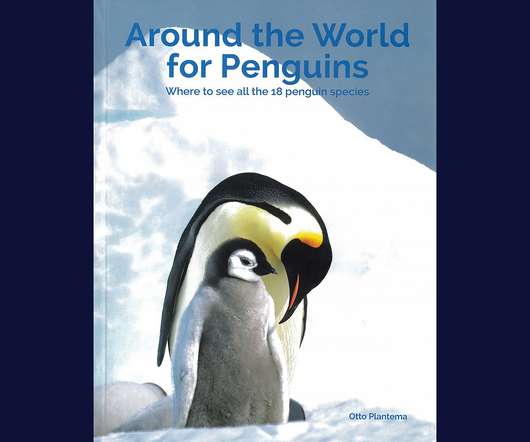
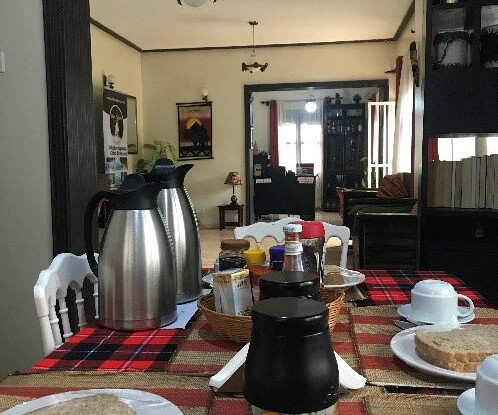






Let's personalize your content